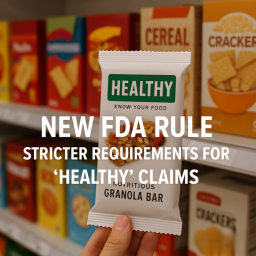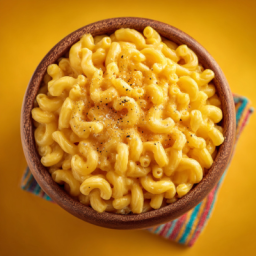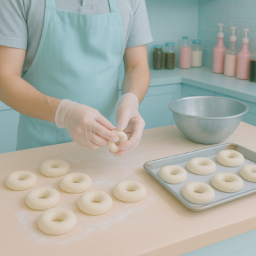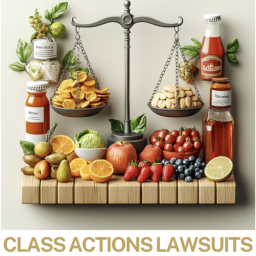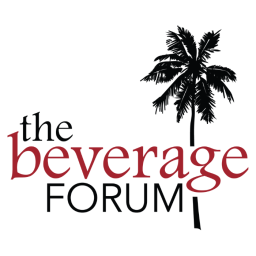Why Did the Stanley Cup Maker Sue Five Below?
The company behind the viral Stanley Quencher has filed a lawsuit against discount retailer Five Below, Inc., accusing it of “parasitic copying” the design and trade dress of its wildly popular tumblers.
The complaint, filed November 6, 2025 in the U.S. District Court for the Northern District of California (Pacific Market International, LLC v. Five Below, Inc., Case No. 3:25-cv-09604), alleges that Five Below deliberately copied the look, feel, and functional design of Stanley’s signature tumblers to capitalize on the brand’s viral success.
Stanley’s parent company, Pacific Market International (PMI), claims that Five Below’s $5 “dupe” cups mimic the brand’s distinctive handles, lid structure, and metallic bands, creating confusion among consumers and diluting the Stanley brand.
What Exactly Is “Parasitic Copying”?
“Parasitic copying” refers to a practice where one company creates a near-identical version of a successful product to ride on the original’s popularity without outright counterfeiting the logo or name.
In this case, PMI argues that Five Below didn’t just sell a generic tumbler, it intentionally replicated specific design features that consumers associate with Stanley’s viral products, like:
- The Quencher’s squared handle and wide stainless band,
- The IceFlow’s angled straw opening and five-sided handle, and
- A similar color palette and packaging style.
According to the complaint, this strategy misleads consumers into thinking Five Below’s products are affiliated with or endorsed by Stanley.
The Legal Claims in the Case
The lawsuit brings multiple claims, including:
- Design Patent Infringement – PMI owns several design patents for the look and structure of its tumblers, including the handle, lid, and band arrangement.
- Trade Dress Infringement – PMI claims the tumbler’s overall visual impression has become distinctive and identifies the Stanley brand.
- Trademark Infringement & False Designation of Origin – The company argues Five Below’s marketing creates confusion about product origin.
- Unfair Competition & Unjust Enrichment – PMI accuses Five Below of profiting from its brand reputation without authorization.
PMI is seeking an injunction to halt sales of the infringing tumblers, along with monetary damages and attorneys’ fees.

Why This Happened: The “Dupe Culture” Legal Dilemma
At the heart of this case lies a modern marketing phenomenon: “dupe culture.”
Social media platforms like TikTok and Instagram have fueled the trend of finding “dupes”, inexpensive products that mimic the look of high-end or viral items. For Five Below, selling affordable versions of popular products is part of its retail identity.
But for PMI, the distinction between “inspired by” and “copied from” crosses a legal line when the imitation is confusingly similar in shape, style, or design, even if it doesn’t use the Stanley name or logo.
This case highlights a tension between two business realities:
- Retailers seeking to meet consumer demand for trending items at accessible prices; and
- Brand owners protecting intellectual property that took years (and millions) to develop and market.
The Real Stakes: More Than Just Cup Design
Stanley’s resurgence has been one of the biggest retail success stories of the decade. Once a niche outdoor brand, its tumblers became a social-media sensation, driving revenue up tenfold to over $750 million in 2023, according to filings.
That viral growth made Stanley not just a drinkware company, but a lifestyle brand. When low-cost “dupes” flooded the market, PMI faced the risk of:
- Brand dilution: losing control over the visual identity that made its cups iconic.
- Consumer confusion: buyers assuming the $5 versions were “official” Stanley cups.
- Market devaluation: lower-quality copies potentially damaging product reputation.
In its filing, PMI argues that Five Below’s conduct threatens the very distinctiveness that makes the Stanley tumbler recognizable and desirable.
The Broader Trademark Context
Most media coverage focuses on the viral aspect of Stanley cups—but what’s less discussed is how this isn’t PMI’s only courtroom battle.
Earlier this year, Stanley Black & Decker, the toolmaker, sued PMI over its use of the “Stanley” name, claiming it violated long-standing trademark agreements dating back to the 1960s. That lawsuit in Connecticut federal court (Stanley Black & Decker, Inc. v. Pacific Market International, LLC, Case No. 3:25-cv-00243) argues that PMI’s branding is causing confusion between the two “Stanley” brands.
So while PMI is defending its designs against copycats, it’s simultaneously being challenged for potential overreach in its own brand use. This dual pressure underscores how complex and high-stakes IP management becomes when a brand goes viral.
How Can Brands Avoid “Copycat” or “Parasitic Copying” Lawsuits?
Whether you’re a retailer selling trending items or a brand protecting its innovation, this case offers critical lessons:
1. Protect Your Designs Early
File design patents and trade dress registrations before your product hits the market. Documentation of originality is your best defense in infringement disputes.
2. Monitor Competitors and Marketplaces
Use trademark-watch services or IP-monitoring tools to track unauthorized use or similar designs online and in retail. Early cease-and-desist action is far less costly than litigation.
3. Avoid “Inspired” Designs That Go Too Far
For retailers, ensure your suppliers don’t replicate protected design elements. Legal clearance reviews can help avoid accidental infringement.
4. Be Transparent in Marketing
If a product is “inspired by” another, make sure the branding and labeling clearly differentiate it. Ambiguous marketing that plays on consumer association can trigger a lawsuit.
5. Keep IP Agreements Updated
PMI’s conflict with Stanley Black & Decker shows how old trademark coexistence agreements can become problematic as brands evolve. Regularly review and modernize these contracts.
Expert Insight: Why This Case Matters for the Industry
As Juris Law Group’s intellectual property team notes, “The line between competition and confusion is thinner than ever in the age of social media virality.”
Companies investing in distinctive designs must defend those assets early and consistently, while retailers riding trend waves must conduct due diligence to ensure their products don’t cross into infringement territory.
How Juris Law Group Can Help
At Juris Law Group, our attorneys have extensive experience advising brands, manufacturers, and retailers in intellectual property protection, brand enforcement, and product compliance across the U.S. and Latin America.
We help businesses craft IP strategies that minimize risk while supporting innovation and growth.
Beyond cups and tumblers, this lawsuit sets a precedent for protecting viral consumer designs, from beauty products to tech accessories, where imitation often spreads faster than regulation can catch up.
Frequently Asked Questions (faq)
What is trade dress, and how is it protected?
Trade dress refers to the overall visual appearance of a product that signifies its source, like color schemes, shapes, or packaging. It’s protected under U.S. trademark law if it’s distinctive and non-functional.
Can “dupe” products be legal?
Yes, but only if they don’t copy protected design features or create confusion about the source. “Inspired by” products that differ meaningfully in design and branding can be lawful.
What happens if the court sides with Stanley?
Five Below could be ordered to stop selling the disputed products, pay damages, and destroy existing inventory.
How long does a design patent last?
In the U.S., design patents typically last 15 years from the date of grant.
What should smaller brands learn from this?
Protecting your product design isn’t just for large corporations, early IP filings can prevent larger competitors from mimicking your innovations later.
Key Takeaway
The Stanley v. Five Below case isn’t just about drinkware, it’s a lesson in brand strategy, consumer perception, and the legal responsibilities that come with viral success.
As the case unfolds, brands across industries should take note: viral popularity can be as much a legal liability as it is a marketing triumph.


